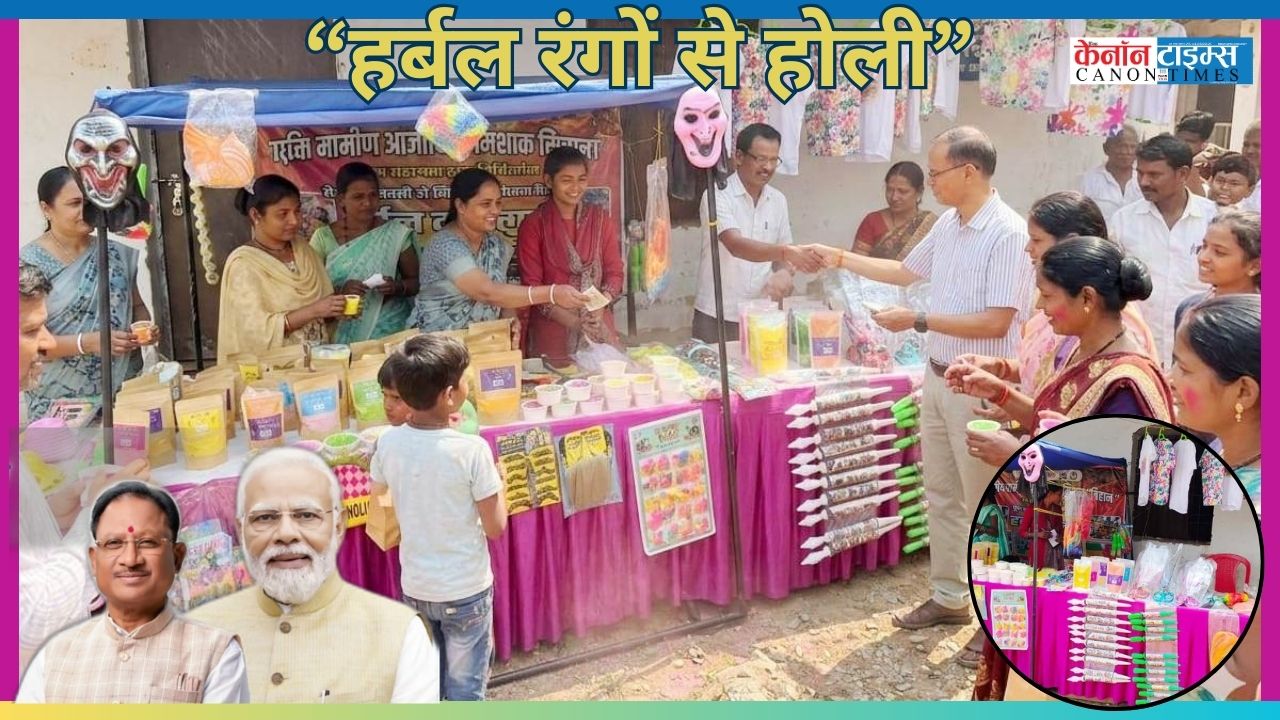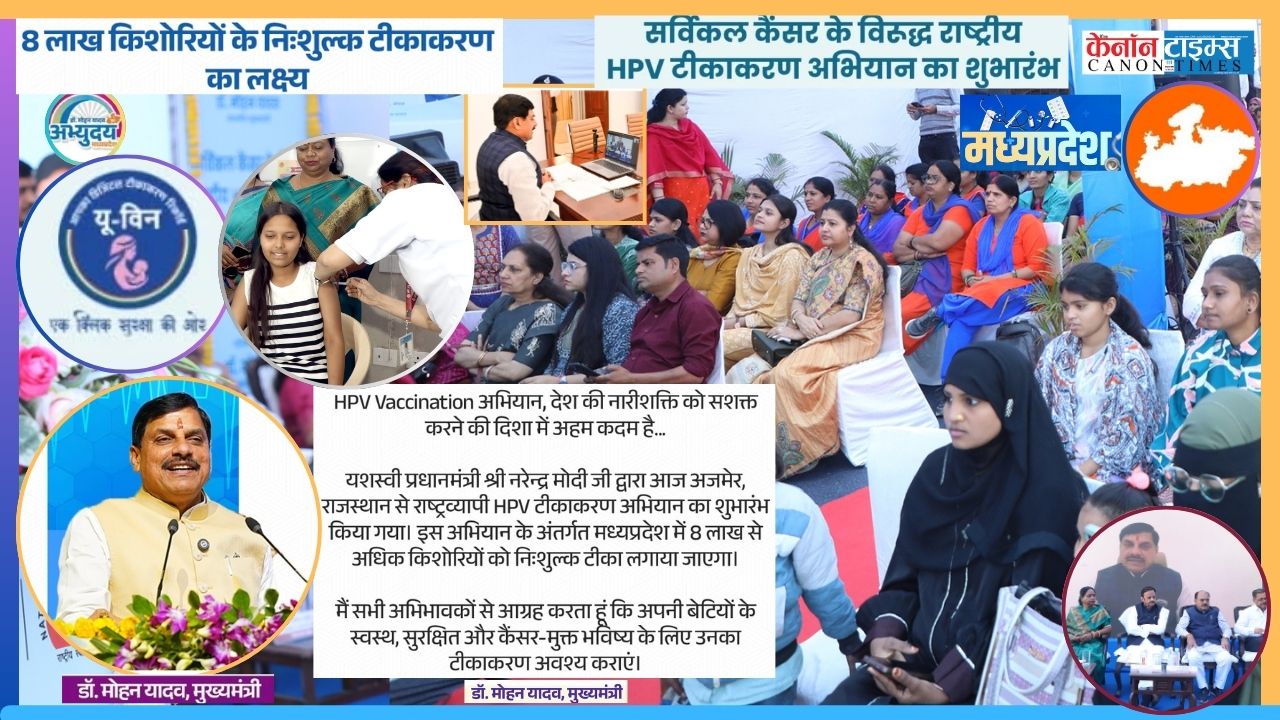The Supreme Court criticised officials for even minor negligence in administering the NEET-UG 2024.
It should just not happen. A vacation bench of the supreme court heard petitions from students who were affected by the leaks of the medical entrance examination material. The National Testing Agency gave compensation marks to examinees who were denied the required 3 hours and 20 minutes of full-time testing. The grace marks were withdrawn after a legal challenge. A new test will be administered to the 1,563 affected students.
On May 5, almost 24 lakh students took this year’s medical college admission test at 4,750 centres across 571 cities.
This comprised 14 cities abroad. Reports of paper leaks and unscrupulous methods, including proxy examinees, have harmed the integrity of the exam. On Tuesday, the court condemned malpractices that were “deleterious to society”. It instructed the NTA to hold firm. “If there is an error, acknowledge it. At the very least, that will boost confidence.
Over time, attempts have been made to make NET more reliable, notwithstanding occasional faults and malpractices. Keeping the all-India tests leak-proof throughout testing centres across the country was a daunting task due to its ambitious nature and logistics. It is possible that corrupt elements may break the test’s secrecy during preparations, in addition to human error at times. Several state administrations opposed uniform national testing due to faults that undermined the exercise.
The Supreme Court heard a case where a considerable number of students achieved the highest attainable marks. The NTA confirmed that this year’s paper was rather easy, allowing many students to achieve high marks. In certain centers, uneven mark distribution harmed certain groups of examinees, whereas in others, liberal marking was used. A national test may not accurately assess pupils’ intelligence and comprehension due to regional and city-specific educational standards. Exams for admission to medical and engineering colleges are often viewed as a lottery, with students who memorised specific questions winning out over those who did not.
A nationwide exam for admissions was justified due to significant differences in educational standards between universities.
Some regional university students were admitted to superior central universities despite having lower educational levels compared to their school-leaving scores. Additionally, only exceptional pupils were admitted to prestigious professional universities. Avoiding partisan politics during the transition to NEET for medical, engineering, and professional admissions was the goal. Parents invest much in their children’s admission to medical colleges. However, if the entry process is hampered by paper leaks and uneven marking, it can cause unnecessary anguish and misery for both parents and their children.
In the absence of a better method for vetting admissions to professional universities, authorities may continue to use outdated assessments.
NEET and NET aim to challenge the dominance of educational entrepreneurs and politicians in professional colleges by requiring capitation fees. It’s important to avoid discarding good things. Instead, ensure all-India tests are error-free and glitch-free.
ABHISHEK VERMA
Author: This news is edited by: Abhishek Verma, (Editor, CANON TIMES)
Authentic news.






